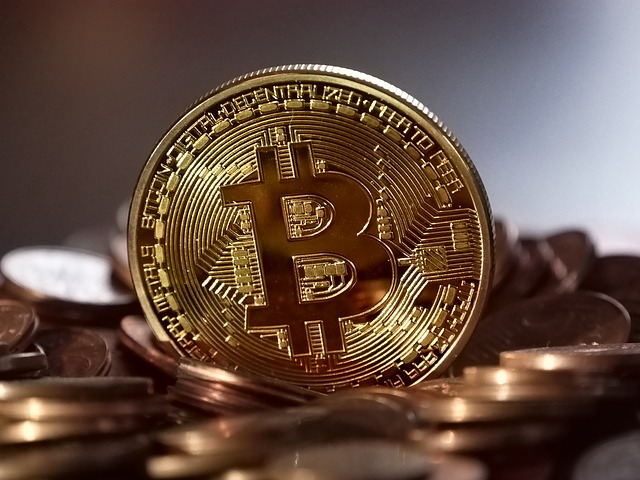Bitcoin continues to march on and set new milestones. For the first time ever, Bitcoin surpassed $4,000 on Saturday. By early Sunday morning, digital currency hit an all-time high of $4,225.40. Only 24 hours earlier, Bitcoin was trading below $3,700. Bitcoin has been on a tear recently and hit an all-time high of $3,000 for the first time in the past week. Bitcoin’s market value is now approximately $64 billion, up about $10 billion in the last week. In August Bitcoin is up about 40% and the popular cryptocurrency has quadrupled in 2017.
The impressive surge was aided in large part from demand from Japan. From CNBC:
“Bitcoin trade in Japanese yen accounted for nearly 46 percent of global trade volume, up from about a third a day ago, according to CryptoCompare. US-dollar bitcoin trade accounted for about 25 percent, according to CryptoCompare. Bitcoin trade in Chinese yuan and South Korean won accounted for about 12 percent each. The surge picked up speed in the last week, mirroring gold’s climb amid a global selloff in stocks and bonds. Rising worries about North Korea’s nuclear threat have sent investors flocking to perceived safe-havens and alternative assets.”
TechCrunch has another reason for Bitcoin’s recent groundswell:
“Two weeks ago Bitcoin went through a hard fork, and came out essentially unscathed. Sure, a bitcoin-clone called Bitcoin Cash was created, but it’s gotten a lot less attention than most people expected. A few days later Bitcoin locked in SegWit, a code modification that fixes malleability issues and frees up space in blocks, allowing for more transactions to be stored in each one. These two code-related developments have helped boost conference in Bitcoin’s future.”
Bitcoin could potentially split again in November, when the second phase of an upgrade proposal called Segregated Witness is implemented. But the million dollar question remains on if this growth will continue or come crashing down.
